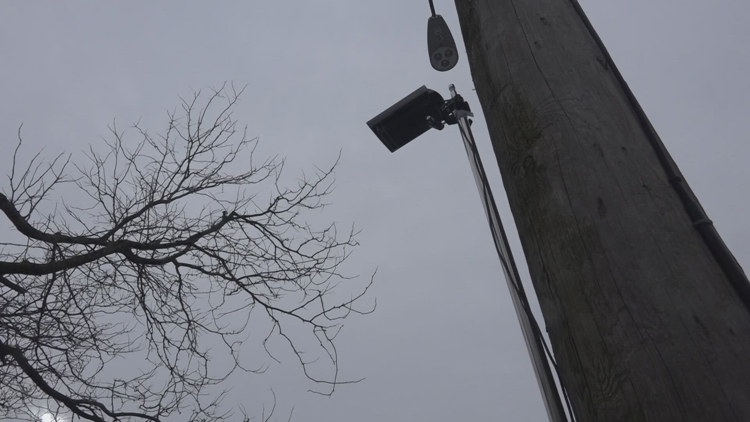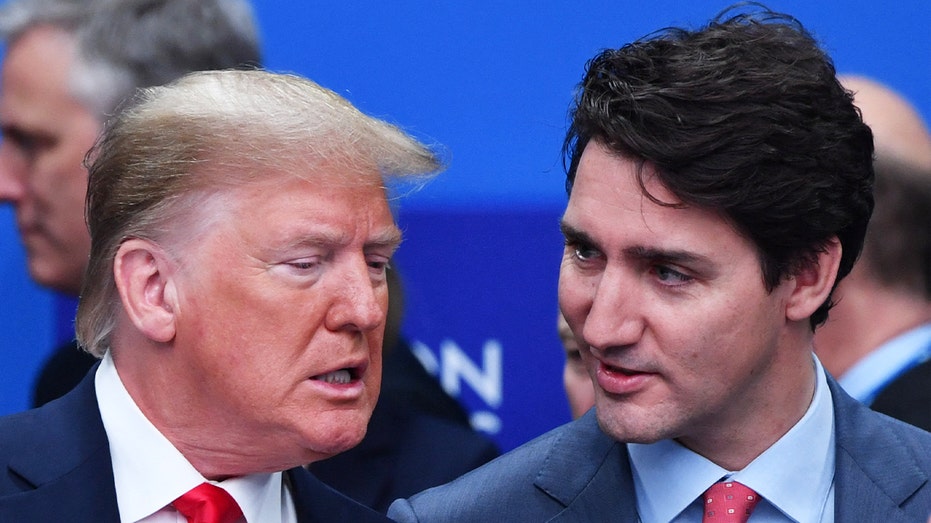
Activists and Pittsburgh City Council members aim to put a question on the May 20 ballot that could safeguard Pittsburgh’s water and sewer system from privatization. The city has been leasing those systems to what was once known as the Pittsburgh Water and Sewer Authority since 1995 — an effort by then-Mayor Tom Murphy to direct money into the city coffers . Under the terms of that 30-year capital lease agreement, the authority has the option to purchase the assets outright for a dollar.
Officials at the authority, now called Pittsburgh Water, say they fully intend to keep the system in the hands of the public. “We want to assure customers that Pittsburgh Water has no intention and is not considering any steps towards privatization,” said Pittsburgh Water CEO Will Pickering in a statement. He said the authority is “fully committed to maintaining public ownership of our life-essential water and sewer system.

” But council members like Deb Gross and activists from Pittsburgh United want to make sure it stays that way for years to come. That’s why council has been weighing a ballot question in which voters could prevent the system from being leased, sold or transferred to a private entity. “This is language that will protect the public asset that is PWSA, currently owned by the city and leased by PWSA.
And so that protects the public ownership moving forward,” Gross explained at a council meeting last week. If voters approve the measure, Pittsburgh’s home rule charter — which governs both the city and its authorities — would be amended to prevent the sale. The result, backers say, would be to preclude a sale to a private company, like Pennsylvania American Water or Aqua Pennsylvania.
The companies are known for buying up publicly-owned water systems and passing on the costs to consumers through rate increases, through a 2016 state law that allows the practice. Pittsburgh’s water system has had its own turbulent history with private operators. Beginning in 2012, it was managed by the international company Veolia for four years.
That contract was terminated amid controversy about lead levels, billing practices and rate increases — even as Veolia stood by its work for the authority . In the years since, Pickering said, “We’ve replaced over 12,000 lead lines at no direct cost to customers, accessed millions in grant funding, and established one of the nation’s most comprehensive customer assistance programs to ensure all Pittsburghers have access to safe and reliable water services,” But Gabby Gray, lead organizer with Pittsburgh United’s water campaign, says the ballot question will help set up longer-term safeguards and avoid any future sale. “We want the next generations to have guardrails,” said Gray, who helped draft the wording of the question.
“I'm not exactly sure if the next generation of leaders in Pittsburgh will be so close to this work as we are. So let’s put it in law to show them how much we care about making sure that our water is public. “It's very tempting for a mayor to agree to taking the debt burden off of the books, and that’s what ends up happening, they end up privately owned and then the customers end up having to deal with higher rates and lower water quality,” she said.
“We want to strengthen our water authorities by organizing a base of people who continue to put the advocacy in the forefront for our municipal water authority.” City Councilor Khari Mosley said such considerations were especially important as climate change is likely to cause longer droughts globally. “I think it's going to be that much more important to ensure that water systems are in the public trust, because as water becomes more scarce over the next century, those being in private hands is truly a threat,” Mosley said at last week’s meeting.
In a statement, Mayor Ed Gainey said he was in support of PWSA remaining publicly owned. “We can’t build a city that works for our kids, our families, or our neighborhoods without ensuring access to safe, affordable water,” he said in a statement. Council is set to give the ballot question final approval on Tuesday, setting it up for a vote in the May 20 primary.
.















